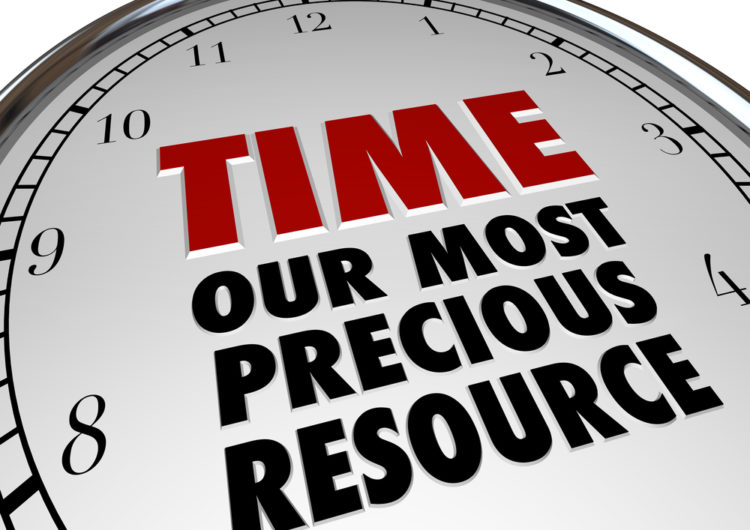Everyone has only twenty four hours a day, whether you are a beggar or the richest man in the world. There is simply no exception. Why, then, is it that some people manage to accomplish so much in a day, while some simply waste their time away and end up wondering where all their time went to?
Since there is no way to make a day last more than twenty four hours, the next best thing we can do is to maximize out efficiency in using our time. Here are five tips to help you accomplish that end.
1) Make a to-do list
Having a to-do list gives you a sense of direction and lets you know exactly what you are supposed to accomplish for that day. A common mistake for beginners is trying to stuff in too many things at a time, and ending the day disappointed at failing to accomplish all of them. This is normal and as time goes by, you will have a firmer grasp of your own abilities.
2) Block out your time
Blocking out your time enables you to create a to-do list more effectively. It allows you to set how much time you should spend on each individual activity, and the sense or urgency prevents your mind from wandering and improves your focus.
3) Focus on one thing at a time
The power of focusing on one thing at a time is of utmost importance and ties in with the rest of the points. While multi-tasking is a common activity in today’s fast-paced world, we must be realistic and realize that many items cannot be grouped together and done simultaneously. Focusing on one thing at a time not only allows you to maintain full concentration on that one activity and allowing you to complete it fast, it also results in a high quality of work as your attention is not diverted to other issues.
4) Give yourself a break
All work and no play, makes Jack (and the rest of us) a dull boy. Workaholics often have this thinking that giving yourself a break is being too indulgent, and is something to be avoided at all costs. However, the truth is that this is not only detrimental to your health and absolutely boring, it also zaps you of the energy required to function effectively. In short, an occasional break or reward for yourself is essential.
5) Set goals
Setting goals is somewhat similar to writing a to-do list. The difference that it instead provides you with a big picture view of your objectives. But most importantly, goals come with a deadline. Classify your goals into short-term, middle-term and long-term for a clearer picture of what you hope to achieve.
If you diligently take action and implement the give steps, you will be well on your way to maximizing your efficiency and to having a renewed sense of vigor in carrying out your daily activities!
